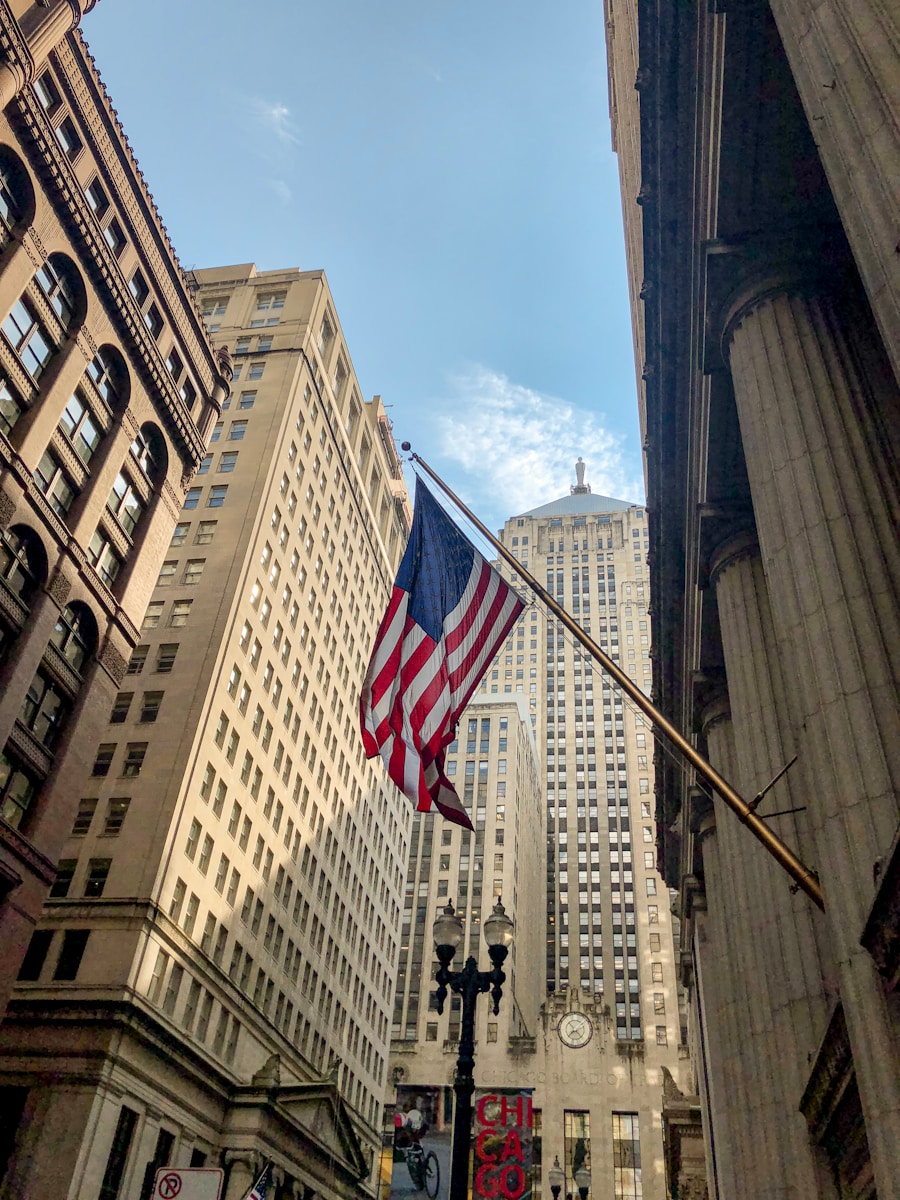Key Takeaways:
- Inflation at the wholesale level dropped in August.
- Prices aren’t rising as fast as feared, easing concerns for now.
- This slowdown boosts hopes that tariffs haven’t pushed inflation higher.
- The Federal Reserve might not rush to raise interest rates.
What Is Inflation and Why Should You Care?
Inflation means prices of things like food, gas, and clothes go up. When inflation spikes, your money doesn’t stretch as far. That’s bad news for anyone trying to afford everyday items. But in August, the situation seemed to improve.
Instead of getting worse, wholesale inflation—what businesses pay for goods before selling to us—cooled down. This gives hope that prices won’t shoot up too fast in the months ahead.
Understanding Wholesale Inflation
Wholesale inflation happens before price changes reach customers. It shows how much businesses pay suppliers. When this cost goes up, businesses often pass that cost to consumers by charging more.
In August, wholesale prices didn’t rise as much as many thought. That means the pressure on businesses to hike prices has eased, at least for now.
Why This Matters to You
Lower wholesale inflation can lead to lower prices at the store. That’s great news for families trying to budget. It also helps the government fight inflation without needing to raise interest rates quickly.
When inflation slows, the Federal Reserve usually takes fewer actions to cool the economy. This can mean better interest rates on loans, credit cards, and mortgages.
Inflation Cooling: What’s Causing It?
Despite worries about tariffs—extra charges on goods from other countries—inflation hasn’t taken off. Many expected these tariffs to drive prices up fast. But businesses and markets have been able to absorb most of those costs. Some suppliers found cheaper alternatives. Others chose not to pass on costs to customers.
Plus, shipping prices have dropped and supply chains are smoother than last year. That helps keep prices in check.
Are Tariffs Still a Threat?
Yes, but not immediately. High tariffs can increase the cost of imported goods. That could cause inflation to spike later if supply chains become strained again. For now, it looks like other factors are helping balance out the impact.
So, while tariffs haven’t created the huge price hikes some feared, it’s still important to watch them carefully.
What the Federal Reserve Might Do Next
The Federal Reserve manages interest rates to keep the economy stable. When inflation rises too fast, they raise rates to cool things down. But when inflation slows, they can take their time.
With wholesale inflation easing, the Fed may pause or slow down future interest rate hikes. That’s good news for people borrowing money for homes, cars, or businesses.
Note: This doesn’t mean inflation is gone. Prices are still higher than they were before the pandemic. But the pace of increase is slowing, which is a win for now.
How This Affects Your Wallet
Even if you’re not into economics, inflation affects your daily life. Here’s how cooling inflation can help you:
- Grocery prices could stop rising.
- Gas and transportation might become more affordable.
- Your paycheck might feel like it goes further.
- Loans could have better interest rates.
That means more money for what matters—like saving, fun activities, and security.
Business Response to Lower Inflation
Many companies feel relieved by this news. They’ve been under pressure to manage rising costs and keep customers happy. When inflation cools, they don’t have to raise prices as fast. That helps both the business and the customer.
Some companies are even offering discounts again to attract shoppers who’ve become more cautious with money. This shows how inflation touches every part of the economy—from big companies to small local shops.
Looking Ahead: Is Inflation Under Control?
It’s too early to say inflation is totally tamed, but the slowdown is encouraging. Most experts agree that prices will keep rising—just more slowly. That’s much better than the rapid increases we saw last year.
Still, a lot depends on future events. For example:
- Will new tariffs be added?
- Could oil prices climb again?
- Are wages rising faster than prices?
These questions will shape the future of inflation.
What This Tells Us About the Economy
When inflation slows without a recession, it’s a sign the economy is balancing itself. That means people are spending, companies are adjusting, and supply chains are recovering.
The latest data gives hope that smart policy decisions, strong business responses, and a bit of luck are helping avoid the worst inflation fears.
But it’s a delicate situation. Any surprise, like international conflicts or extreme weather, could spike prices again.
So—Is Inflation Truly Cooling Off?
Based on August numbers, yes. Wholesale inflation isn’t climbing like before. That’s a healthy sign. But “cooling off” doesn’t mean prices are falling, just that they aren’t rising as quickly.
This doesn’t fix the cost of everything overnight, but it gives breathing room. For now, consumers and business owners can feel somewhat reassured that inflation isn’t out of control.
Final Thoughts
Inflation cooling doesn’t mean we’re in the clear, but it’s a step in the right direction. Watching inflation closely helps everyone plan better—whether you’re buying groceries, running a business, or saving for college.
The bottom line: August gave us some good news. Let’s stay hopeful but alert.
FAQs
What is wholesale inflation?
Wholesale inflation refers to the price increase in goods before they reach customers. It affects the prices businesses pay to suppliers.
Why does slowing inflation matter to the average person?
When inflation slows, things like groceries, gas, and rent can stop rising so fast. That means your money can go further.
Are prices going back down?
Not exactly. Prices are still high, but they aren’t rising as quickly now. That’s what experts call cooling inflation.
Will the Federal Reserve still raise interest rates?
Possibly, but with inflation slowing, they’re more likely to pause or take a smaller step instead of rushing into another hike.
